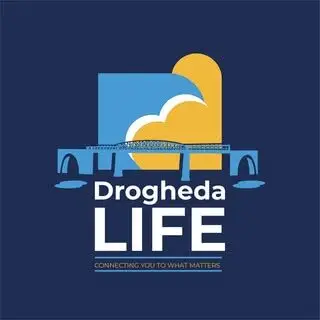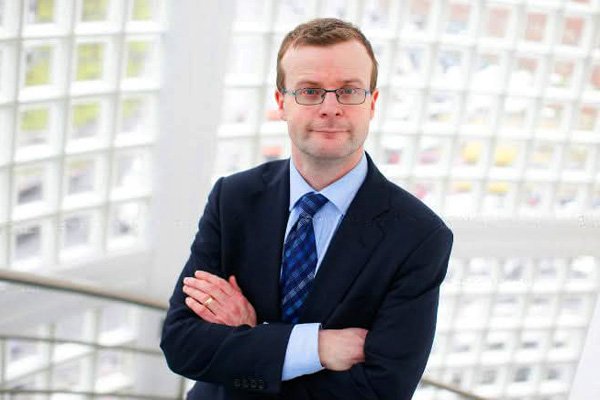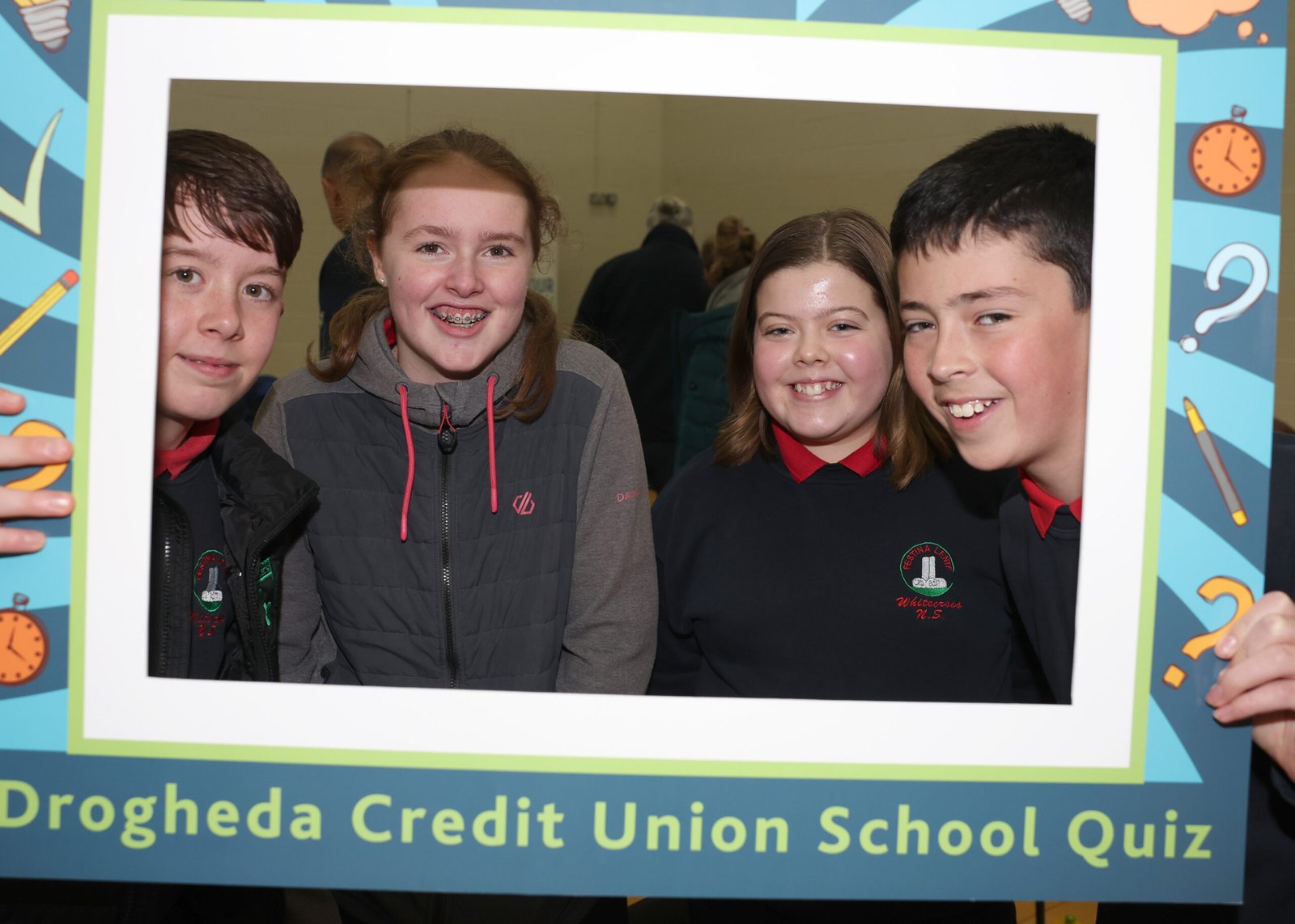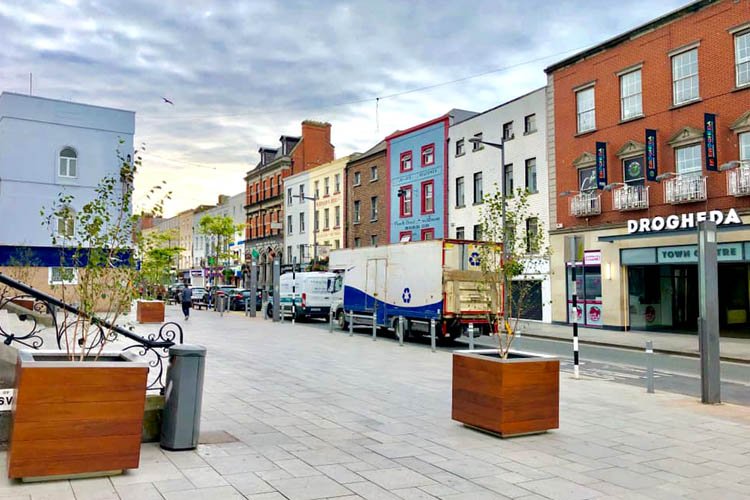By Andy Spearman
Funds raised by people and community organisations in the Drogheda area have paid for a decade of research that has resulted in a revolutionary new device that could save the lives of millions of people suffering from lung cancer.
The ten years of research by a team led by Professor Bryan Hennessy, the chief oncologist at Our Lady of Lourdes Hospital in Drogheda, has resulted in a device that allows the early detection of lung cancer cells in a patient’s breath.
This device will be tested in a new public health programme to be rolled out next year by the HSE called “Lung Check” which, like the current Breast Check programme, will hopefully save lives by detecting cancer cells long before they become untreatable.
“It’s an ongoing project” Professor Hennessy told Drogheda Life, “but there are a couple of potential benefits from the device quite apart from breath testing people with lung cancer. We’ve also shown that you can get genes from the lung cancer cells which we can test for various abnormalities that help us refine better treatments.
“So, the potential role for breath testing is an early diagnosis, in monitoring treatment response and also allowing us to look at the genes of the cancer cells to find more targeted and better treatment options.
“We’ve been working on this for nearly ten years now and we’ve developed a device that we are in the late stages of clinical testing and it is being integrated into the lung check, screening programme that’s going to open in the North East next year to see if it can help with early diagnosis.
“A lot of the funding for this project has come from NECRET (North East Cancer Research & Education Trust) who do some great work in fundraising and supporting our ongoing research, not only this one but other programmes also.”
Professor Hennessy decided to pursue oncology when he was a very junior doctor after his father Thomas passed away from colon cancer. He went to the USA to study oncology and spent seven years at the University of Texas MD Anderson Cancer Centre in Houston, Texas which is among the top three cancer centres in the USA. Whilst there, as well as specialising in training as an oncologist he saw the importance of research.
Professor Hennessy is originally from Waterford but has links to Drogheda going back many years because his Aunt, Kathleen Veale was the matron of OLOL Hospital for quite some time and still lives in Drogheda.
Professor Hennessy said that the success of this programme is a great achievement not just for him but for the rest of the team involved which includes a senior scientist called Sinead Twomey, a research lecturer in RCSI with a special interest in translational oncology, and two respiratory physicians, Ross Morgan and Dan Ryan.

“This is a big achievement for us, the College of Surgeons and for NECRET and we hope it will improve early diagnosis treatment and cure rates for lung cancer.
“As regards patenting the device the College will make a decision on that. My main interest is in the early detection of cancer and improved cure rates and early identification of treatments that are most likely to work.”
Underlying the significance of this research, Professor Hennessy said that lung cancer is the number one killer cancer for both men and women. It outstrips all the other cancers such as breast cancer, bowel cancer or prostate cancer in terms of mortality and this is because it is often diagnosed late when it can be treated but not cured.
Although the prevalence of smoking is declining Professor Hennessy says that this reduction has only happened relatively recently.
“I think a real decline in cancers from smoking is going to take a long time to see because the unfortunate truth is that people who smoked and gave them up – that’s great, but the risk of lung cancer never goes back down to normal levels
Asked about the dangers of vaping Professor Hennessy said, “… it took decades for the definitive studies to prove that cigarettes cause lung cancer, so I think it’s going to be decades more before we know whether or not these things are bad.”





